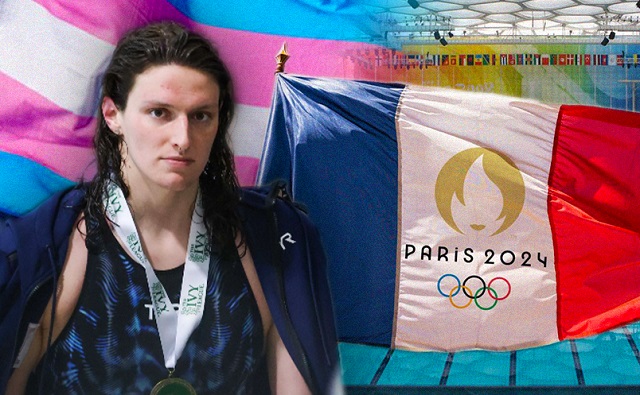
By Emily Kopp
The U.S. Agency for International Development (USAID) shipped thousands of viral samples to a lab in Wuhan over the course of a 10-year program even though it had no formal agreement with the lab in place, according to previously unreported documents.
The documents show that USAID funded the exportation of 11,000 samples from Yunnan Province, where some of the closest relatives of the COVID-19 virus circulate, to Wuhan, the epicenter of the pandemic, with no apparent plan for ensuring the samples were not misdirected to bioweapons and remained accessible to the U.S. government.
A $210 million USAID public health program called PREDICT, steered by the University of California-Davis, collected viral samples in countries throughout the globe but lacked long-term storage when funding dried up, according to rudimentary plans in 2019.
USAID’s sample dispensation plan for China is sparse: “No need [sic] information from Yunnan. They were never an official lab partner for PREDICT. All samples they helped collected [sic] are sent to, tested, and stored in Wuhan.”
The “lab” refers to the Wuhan Institute of Virology (WIV). WIV was a close partner of USAID contractor EcoHealth Alliance and a slated partner for a PREDICT-like program supported by the State Department. The lab has poor biosafety practices and ties to the People’s Liberation Army (PLA).
One of the closest known relatives of the COVID virus is among the viruses sampled with USAID funding.
“Investigations involving USAID’s former funding of global health awards remain active and ongoing,” a senior State Department official said in a statement to the Daily Caller News Foundation. “The American people can rest assured knowing that under the Trump Administration we will not be funding these controversial programs.”
The internal documents were obtained through a FOIA lawsuit brought by U.S. Right to Know, a nonprofit newsroom and public health research group.
The shuttering of USAID – which was officially completed Tuesday – has ignited a debate about its net impact on global health. A study in The Lancet projected an association between a dropoff in USAID funding and 14 million deaths based on an epidemiological model.
Secretary of State Marco Rubio said in a statement Tuesday that USAID spending has often undermined rather than strengthened American interests.
“Beyond creating a globe-spanning NGO industrial complex at taxpayer expense, USAID has little to show since the end of the Cold War,” Rubio said. “Development objectives have rarely been met, instability has often worsened, and anti-American sentiment has only grown.”
The now-defunct agency’s connection to the Wuhan lab complicates its global health legacy.
“The USAID $210 million contract for PREDICT should have included contractual terms that required all samples, or at least copies of all samples, be transferred to and stored by a US government facility,” said Rutgers University molecular biologist Richard Ebright told the DCNF. “The PREDICT grift did none of this.”
UC Davis did not respond to a request for comment. The State Department did not respond to a request for comment.
Did USAID Fund COVID’s Ancestor?
Many of the viruses stored at the lab in Wuhan may have been sampled with U.S. funding yet remain out of reach for U.S. government entities investigating the origins of COVID.
The samples were set to be preserved for testing – with human samples preserved for 10 years – the documents show. But the documents suggest that requirement was never incorporated into a formal contract with USAID.
The two scientists supervising the samples were: Ben Hu, a virologist at the WIV, who reportedly became sick with COVID-like symptoms in 2019; and Peter Daszak, a scientist who was debarred from federal funding after the U.S. government deemed him a threat to public safety for inadequate oversight of the research in Wuhan.
Hu and Daszak did not reply to requests for comment.
The documents show PREDICT contractors discussing viral samples taken from wildlife and stored in India, Liberia, Malaysia, the Republic of Congo and China. Some of the samples were stored in virus-transport media (VTM), which allows researchers to store live viruses for later use in the lab.
“It’s not rocket science to require a contract and supporting paperwork which establishes a relationship, testing protocol, and chain of custody, when one is sending out lab samples,” said Reuben Guttman, a partner at Guttman, Buschner & Brooks PLLC who specializes in ensuring the integrity of government programs, in an interview with the DCNF. “In any scientific endeavor, you need confidence in your results. That requires paperwork to prove your methodology is sound.”
Related













